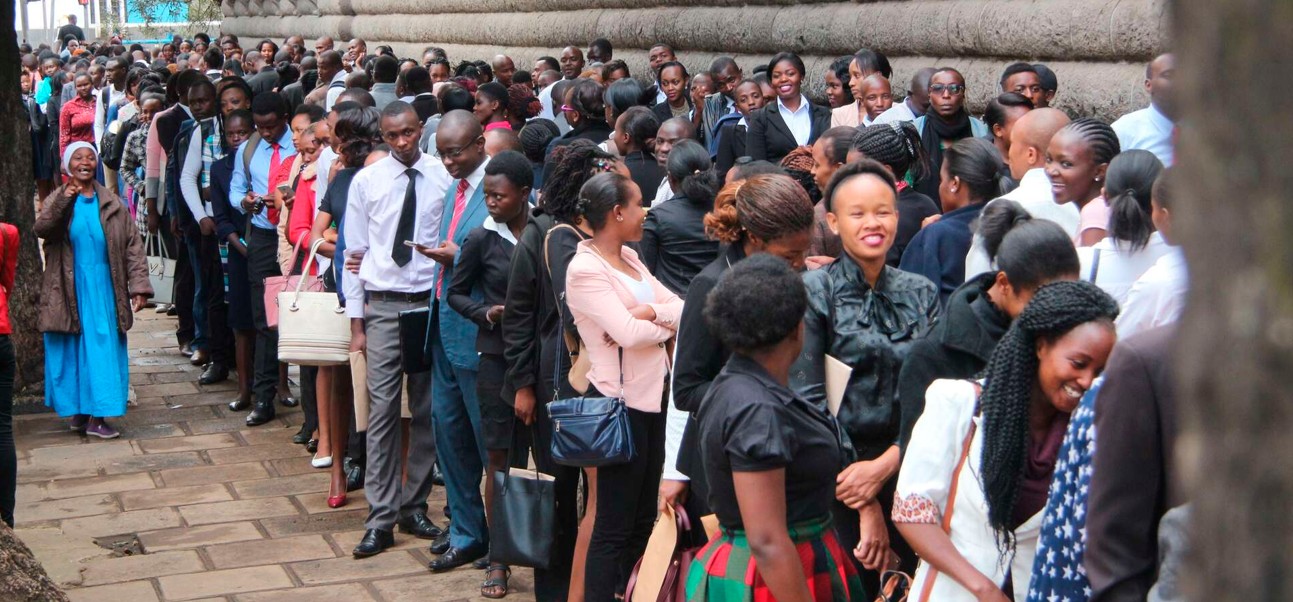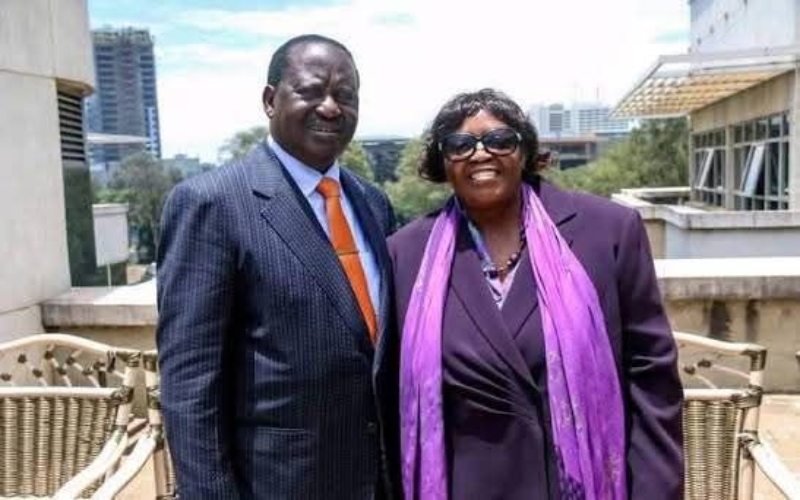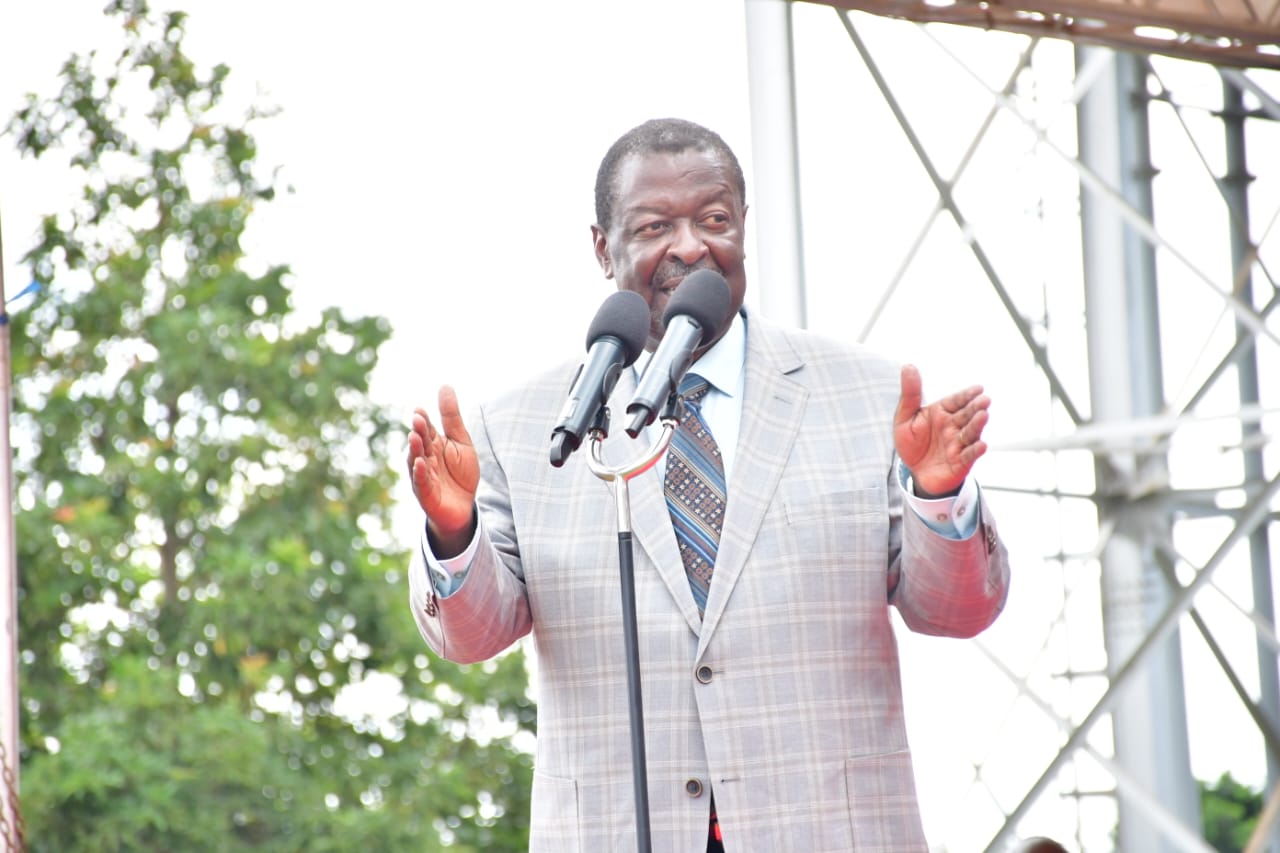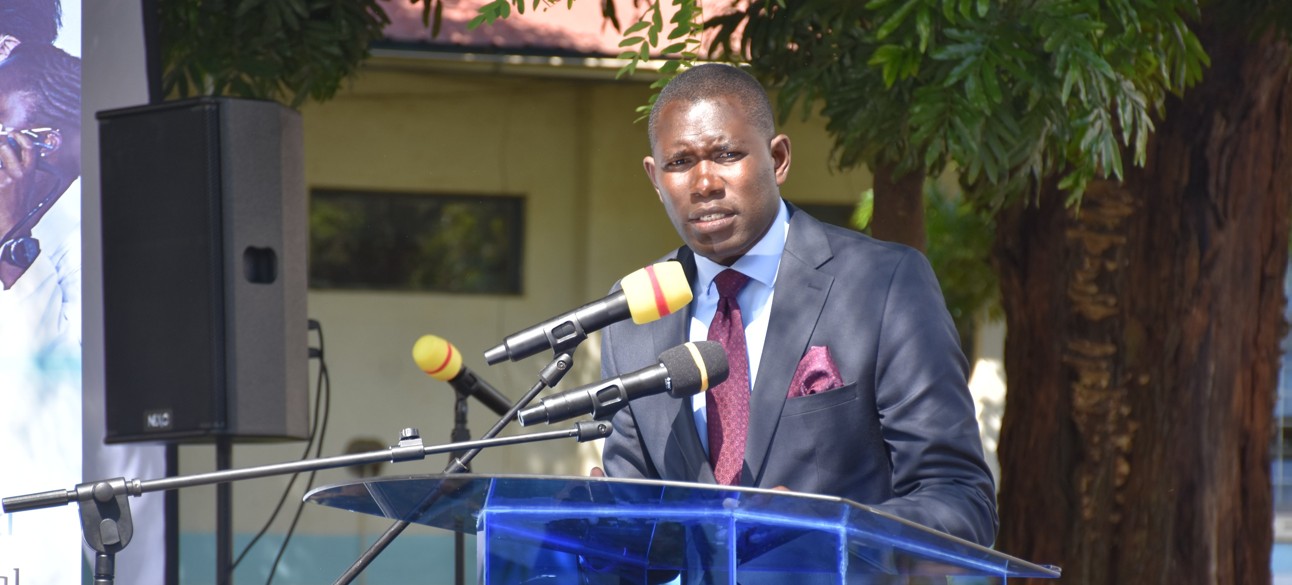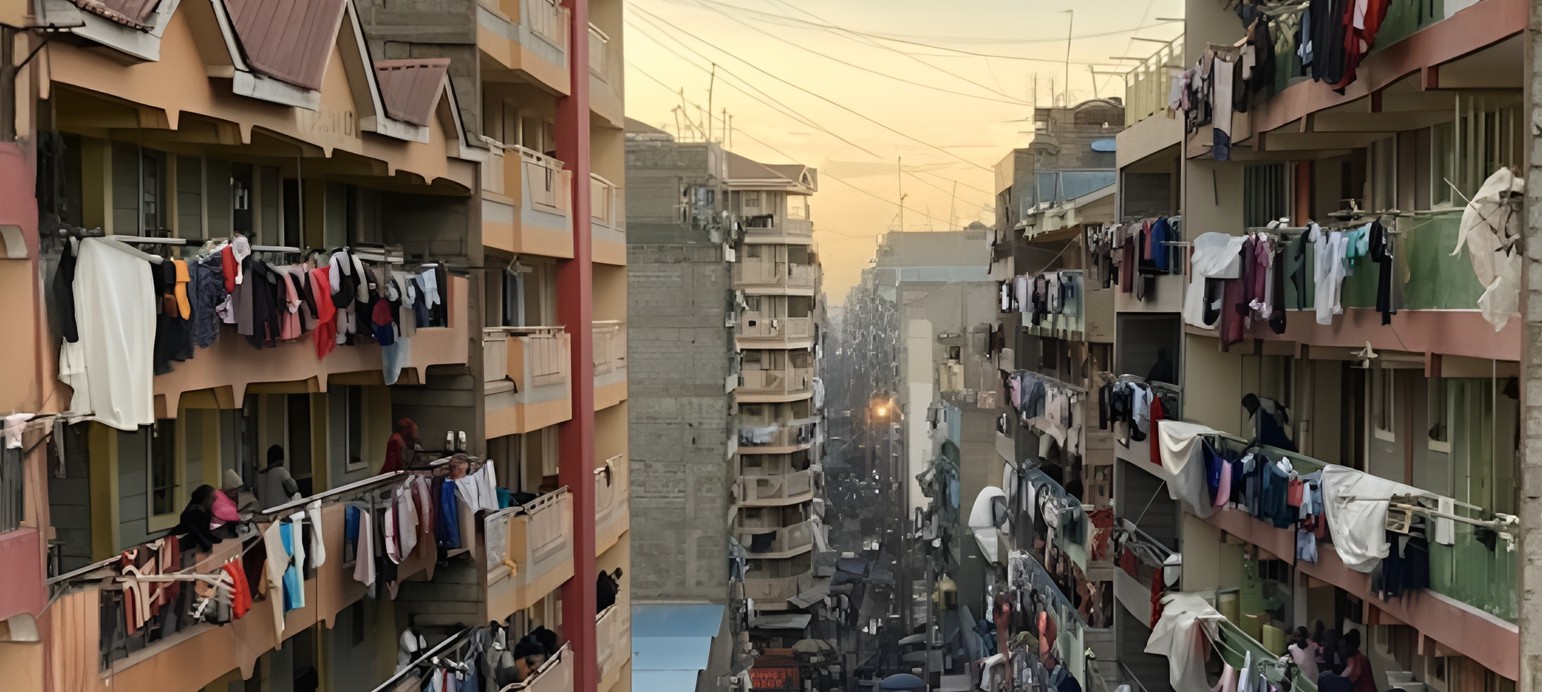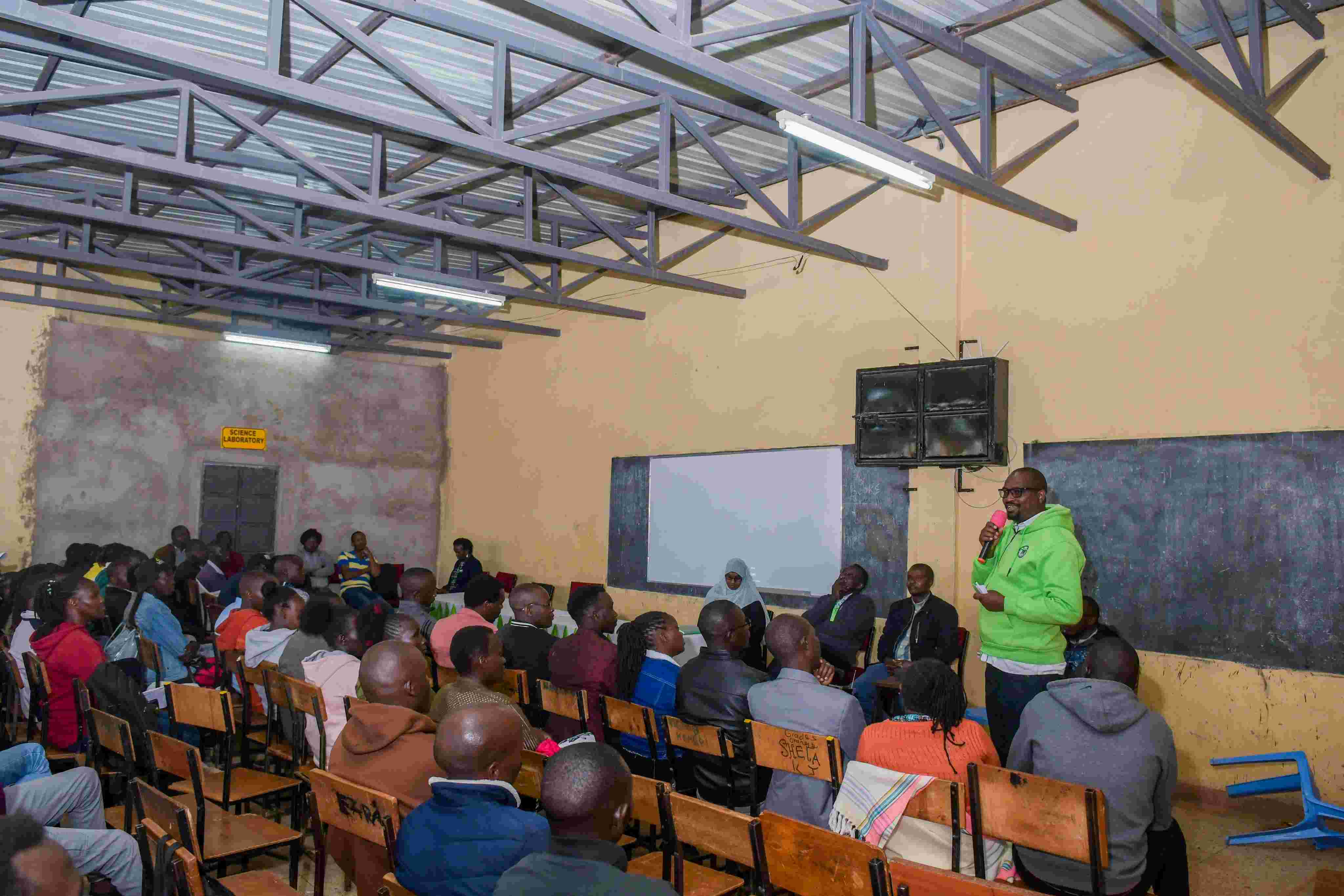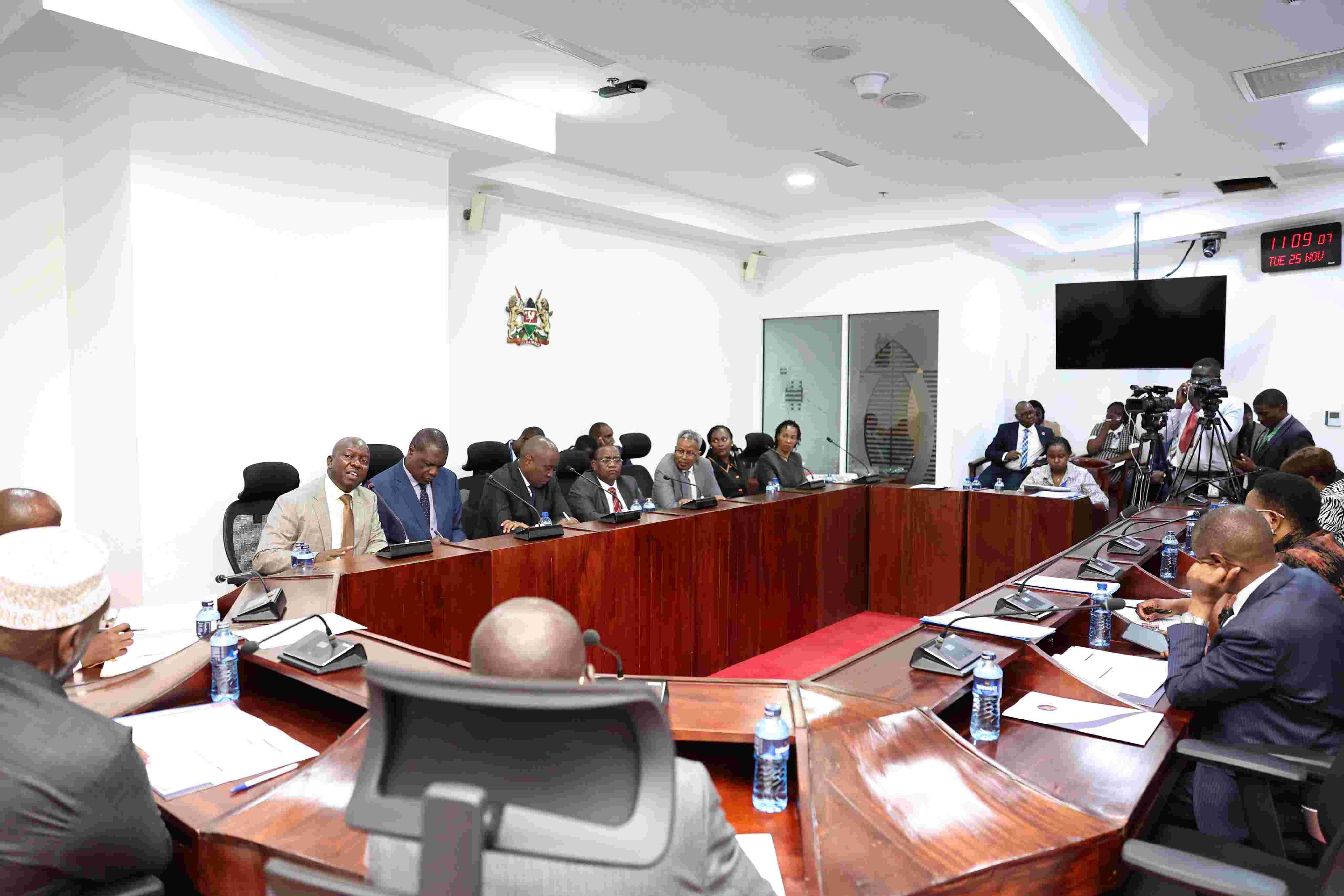KRA pushes for legal guarantee of 2 per cent annual revenue allocation amid Sh24bn budget shortfall
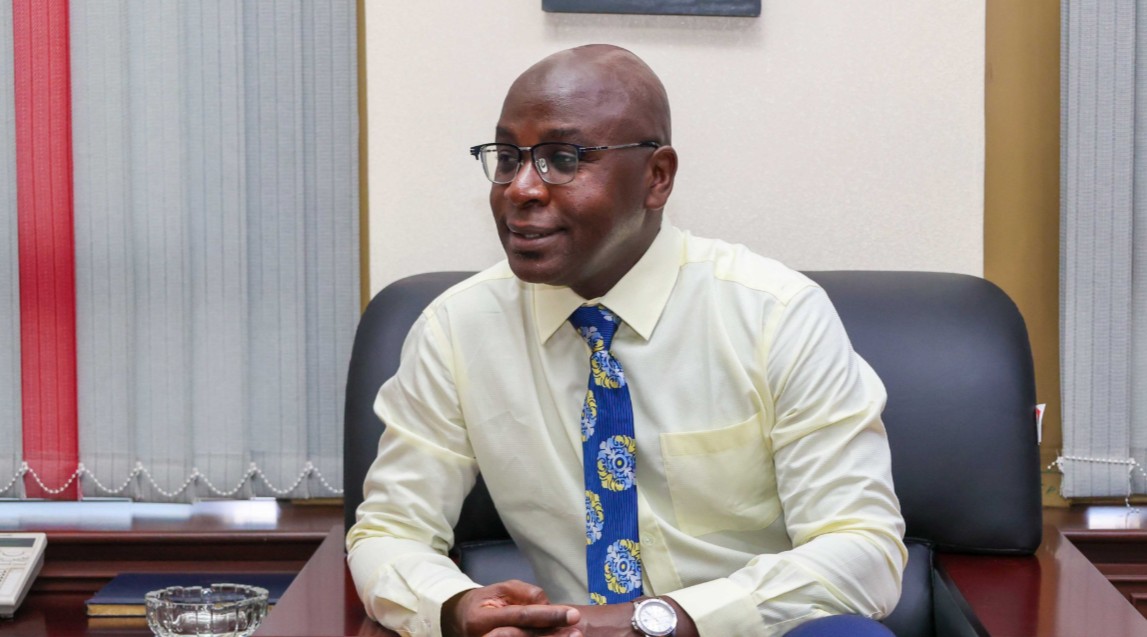
Wattanga disclosed that KRA is pursuing full modernisation and automation of revenue collection, and urged Parliament to support the authority’s digital transformation agenda, which is designed to net more taxpayers into the tax bracket.
The Kenya Revenue Authority is urging Parliament to amend the law to guarantee it at least 2 per cent of annual revenue, citing a Sh24 billion budget shortfall that hampers its operations and development plans.
Appearing before the National Assembly’s Finance and National Planning Committee, KRA Commissioner General Humphrey Wattanga said the current budget ceiling hampers the authority’s ability to meet its mandate effectively and called for legislative intervention.
More To Read
- Businesses granted 30-day relief on long-stay container charges at Mombasa port
- Meta to deduct 5 per cent tax on Kenyan creators’ earnings in 2026
- National Treasury says weak revenue, high debt repayments straining Kenya’s budget
- Government shifts cargo clearance to Nairobi, Naivasha in bid to decongest Mombasa Port
- KRA’s official X account hacked, public warned against fraudulent posts
- High Court rules in favour of KRA in Sh1.1 billion tax dispute, orders fresh tribunal hearing
“The provisional funding works out to a funding rate of 1.04 per cent, which is lower than the total National Treasury funding for financial year 2024/25 of Sh32.18 billion, or 1.29 per cent, and the required budget funding of 1.29 per cent,” Wattanga told the committee.
Recurrent expenditure
The authority has been allocated Sh27.89 billion in the 2025/26 financial year starting July 1, but Wattanga noted the entire allocation is for recurrent expenditure, with no provision for development funding.
He revealed that KRA had submitted a proposed budget of Sh57 billion in January 2025 but is facing a funding shortfall of Sh24.13 billion, rising to Sh24.28 billion when donor projects are excluded. The deficit comprises Sh24.13 billion in recurrent expenditure and Sh5.47 billion in development needs.
He added that the reduction from the revised 2024/25 budget amounts to Sh4.28 billion.
Funding challenges
While addressing the committee chaired by Molo MP Kuria Kimani, Wattanga pointed out key funding challenges facing the authority, including staff costs, contractual services, miscellaneous operations, capital projects, and development expenditure.
“The current payroll after factoring in the contracted annual increments for 2024/25 amounts to Sh24.31 billion, excluding new recruitment in the financial year,” he said.
According to Wattanga, the authority requires an additional 5,092 staff based on the approved establishment to meet its operational targets. Of these, 1,300 are targeted for recruitment in the 2025/26 financial year at Sh3.6 billion.
He also highlighted the high cost of contracted services, which currently stands at Sh11.14 billion. These include system maintenance contracts, licenses and utilities, scanner licensing and maintenance, e-seals, office space rental leases, security, medical expenses, insurance, and support for expanded operations and additional staff.
“Inadequate funding has resulted in the withdrawal of services, pending bills, and contract defaults. There is a need for critical provisions for the procurement of essential items such as scanners for critical entry and exit points,” said Wattanga.
Capital development
On capital development, Wattanga said the projected expenditure of Sh5.47 billion is aimed at facilitating staff with adequate office space, a conducive work environment, vehicles, computers, furniture, and other equipment necessary for effective performance and higher productivity.
The Molo MP acknowledged the authority’s funding needs but also questioned KRA’s revenue performance.
“Although the KRA revenue performance has fallen short of target, there is an improvement of 6.5 per cent compared to last financial year. The passage of the Tax Laws Amendment Act, 2024, in December should have helped to raise additional revenue, given that the Finance Bill, 2025, was shelved following the Gen Z protests,” Kimani said.
He raised concerns over non-remittance of statutory deductions by government institutions.
“You said that the Tax Laws Amendment Act, 2024, which we passed in December, has led to a reduction in domestic taxes, with the key concern being PAYE. It has, however, led to relief for salaried Kenyans,” he said.
Statutory deductions
“My biggest concern is that big government institutions are paying salaries and not remitting statutory deductions, including Pay-As-You-Earn (PAYE) and withholding tax. What are you doing to ensure that government institutions take the lead to remit PAYE and withholding tax, even as you clamp down on private entities that are not remitting statutory deductions?”
Wattanga responded by asking Parliament to enhance funding for development expenditure by Sh3.7 billion to finance KRA’s ambitious technology, innovations, and digitisation agenda aimed at enhancing compliance and broadening the tax base.
He told the committee that the Authority urgently requires adequate funding for revenue mobilisation, operations and maintenance, capital expenditure (CAPEX), and systems to enable it to fulfil its mandate.
Wattanga disclosed that KRA is pursuing full modernisation and automation of revenue collection, and urged Parliament to support the authority’s digital transformation agenda, which is designed to net more taxpayers into the tax bracket.
As of May 22, 2025, the Authority had collected Sh2.263 trillion against a cumulative target of Sh2.39 trillion, leaving a revenue shortfall of Sh129 billion with just one month to the close of the current financial year.
Top Stories Today
